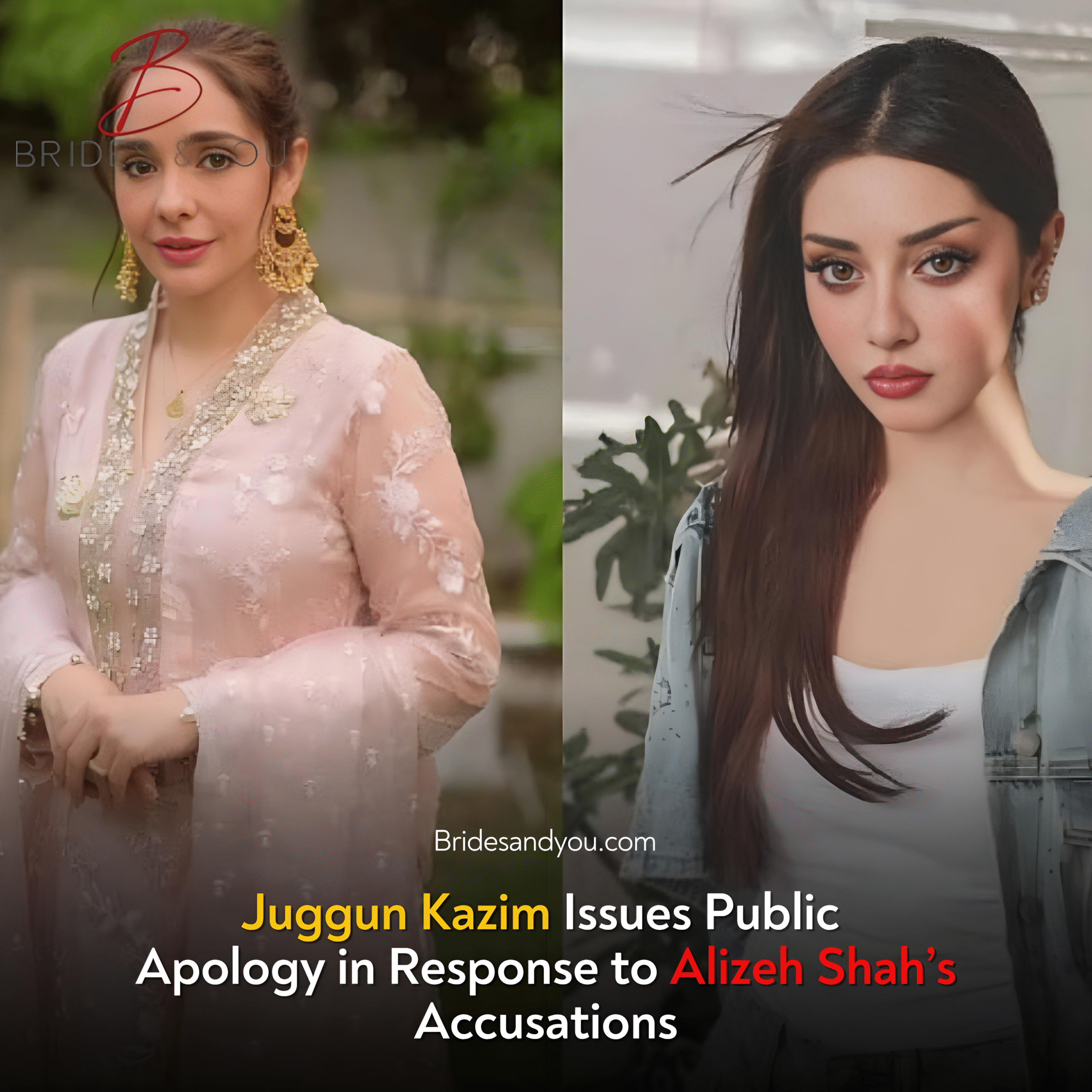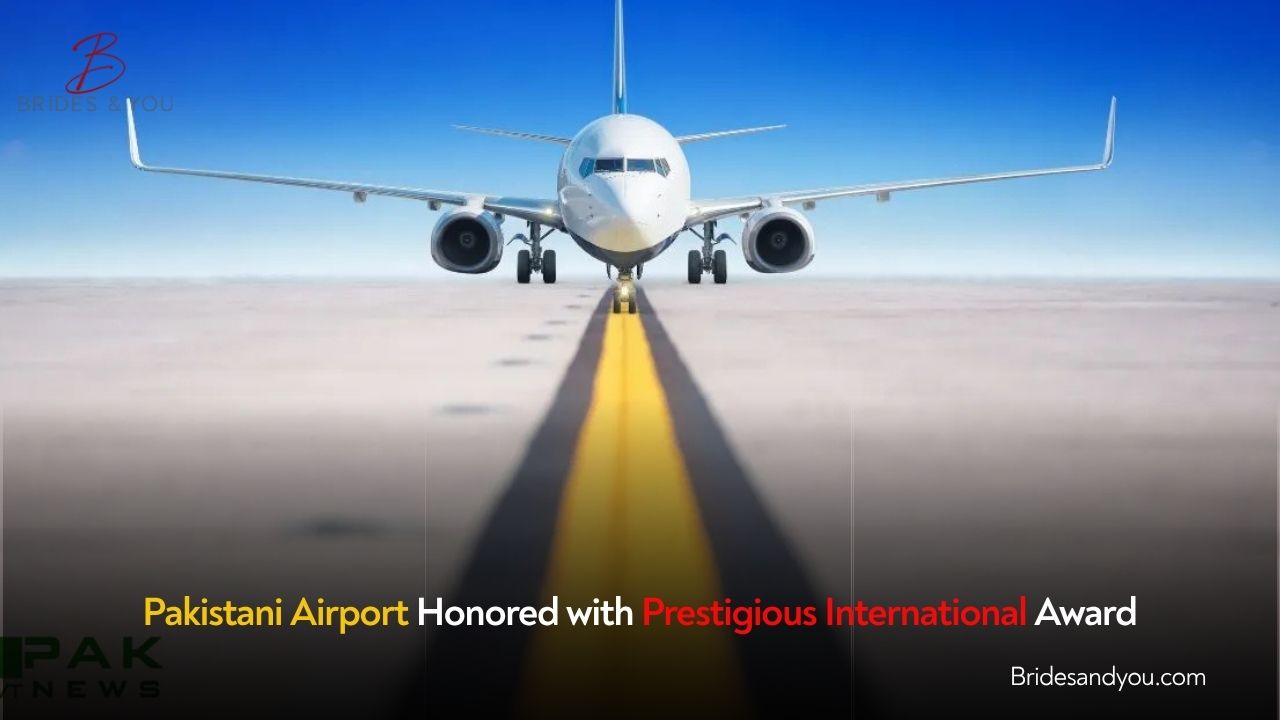Now Reading: Hulk Hogan’s Impact in Pakistan: A Nostalgic Journey Through Wrestling’s Golden Era
-
01
Hulk Hogan’s Impact in Pakistan: A Nostalgic Journey Through Wrestling’s Golden Era
Hulk Hogan’s Impact in Pakistan: A Nostalgic Journey Through Wrestling’s Golden Era

Hulk Hogan was more than a wrestler in Pakistan—he was a larger-than-life superhero who captured hearts during the 1980s and 1990s. His iconic blonde mustache, red and yellow bandanas, and dramatic shirt-ripping entrances made him a household name. For many Pakistanis, especially Boomers and Gen Xers, Hulk Hogan’s impact in Pakistan shaped childhood memories filled with excitement and wonder. Let’s dive into how this wrestling legend became a cultural icon in Pakistan, the curious wrestling ban proposed by Maulana Bijlighar, and the controversies that later clouded Hogan’s legacy.
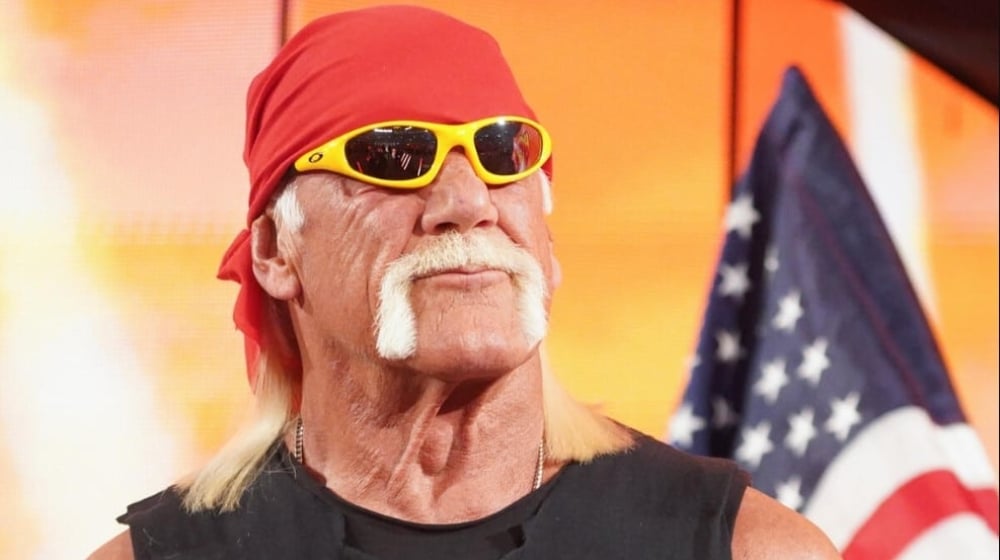
Hulk Hogan’s Impact in Pakistan: A Superhero for a Generation
In the 1980s, wrestling wasn’t just a sport—it was a spectacle that brought families together. Hulk Hogan, with his larger-than-life persona, became a symbol of strength and heroism. In Pakistan, where access to wrestling was limited to VHS tapes, Hogan’s matches were a rare treat. Kids and adults alike gathered around VCRs to watch him battle villains like the Iron Sheik. His theme song, Real American, resonated with Pakistani audiences, who saw in him a fighter for justice, much like their own cultural heroes.
Hogan’s appeal wasn’t just about his muscles or dramatic moves. He represented a clear battle of good versus evil, which was easy to understand and love. For Pakistani Boomers, Gen Xers, and early Millennials, Hulk Hogan’s impact in Pakistan was like discovering a real-life cartoon hero. Kids would mimic his moves, staging their own wrestling matches with siblings and cousins, trying to capture the magic they saw on screen.
Maulana Bijlighar and the Wrestling Ban Controversy
In a surprising twist, wrestling caught the attention of Maulana Bijlighar, a colorful cleric from the former NWFP (now Khyber Pakhtunkhwa). Known for his humorous sermons, Maulana Bijlighar was a unique figure—a conservative preacher with a comedian’s flair. His nickname came from his mosque’s proximity to a grid station, but his fame stemmed from his witty speeches that left audiences in stitches.
One of his most memorable remarks was about banning wrestling on TV. His reason? He jokingly worried that Pakistani women, after watching “sculpted and beautiful” wrestlers like Hulk Hogan, might lose interest in their husbands. While his comment was lighthearted, it highlighted wrestling’s massive popularity in Pakistan. Even Maulana Bijlighar, who claimed not to own a TV, couldn’t ignore the sport’s cultural grip. His playful “wrestling ban” idea never took hold, but it showed how deeply Hulk Hogan’s impact in Pakistan reached, even sparking debates among unlikely figures.
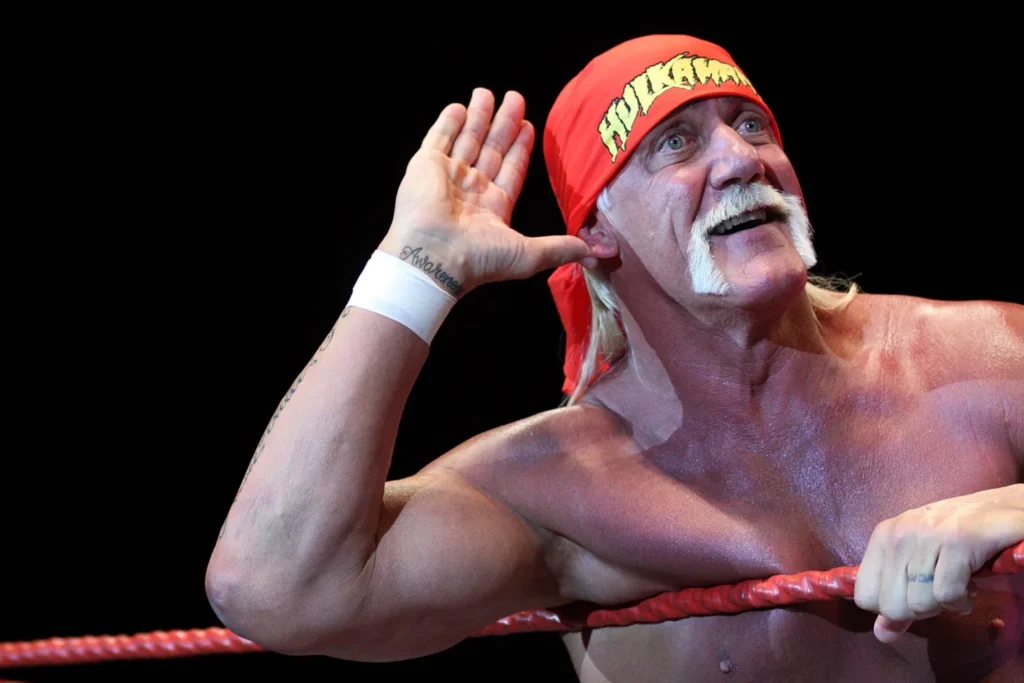
The Magic of Wrestling in Pakistan’s VHS Era
Back in the 1980s, watching wrestling in Pakistan wasn’t as simple as flipping on the TV. Top-tier matches, like those in the World Wrestling Federation (WWF), weren’t broadcast on local channels. Instead, fans relied on VHS tapes, which were passed around like treasures. These tapes brought Hulk Hogan into Pakistani homes, where his charisma and athleticism captivated audiences.
For many, Hogan was like Popeye, powered by strength and determination. His larger-than-life persona made him a hero for kids who didn’t yet know that wrestling matches were scripted. The realization that moves like the piledriver or suplex were choreographed often came later—sometimes during a real-life scuffle or when fans noticed no WWF stars appeared in the Olympics. This discovery was like learning Santa Claus wasn’t real, but it didn’t dim Hogan’s shine for Pakistani fans.
Hulkamania’s Reach: Why Hogan Stood Out
Hulk Hogan’s impact in Pakistan wasn’t as widespread as in the US due to limited access, but for those with VCRs, he was a legend. His era defined wrestling for Pakistani Boomers, Gen Xers, and early Millennials. By the time satellite TV arrived, newer stars like The Rock and The Undertaker took over, but Hogan’s iconography remained unmatched. His red and yellow attire, booming voice, and dramatic entrances made him unforgettable.
Even public figures felt Hogan’s influence. Justice Waqar Ahmad Seth, a Pakistani judge, once claimed he only watched wrestling on TV, hinting at his love for the sport. While there’s no proof he was a Hogan fan, it’s easy to imagine him cheering for the Hulkster. For many Pakistanis, Hogan was a symbol of a simpler time, when heroes were bold and battles were epic.
Hulk Hogan’s Controversies: A Tarnished Legacy
As time passed, Hulk Hogan’s image faced challenges. His wholesome persona began to crack with personal scandals. In 2015, a leaked audio from a 2007 sex tape revealed Hogan using racist slurs while discussing his daughter’s dating life. The backlash was swift—WWE terminated his contract and removed him from their Hall of Fame. Though he apologized, saying the words didn’t reflect his beliefs, the damage was done. For many Pakistani fans who followed the news, this was a heartbreaking blow. The hero of their childhood seemed less heroic.
Hogan’s political views, including his support for controversial figures, and family issues, like his divorce and alleged infidelity, further complicated his legacy. For some Pakistani fans, these revelations tainted their nostalgic memories. The man who once embodied good versus evil now seemed flawed and human, making it hard to separate the wrestler from his real-life actions.
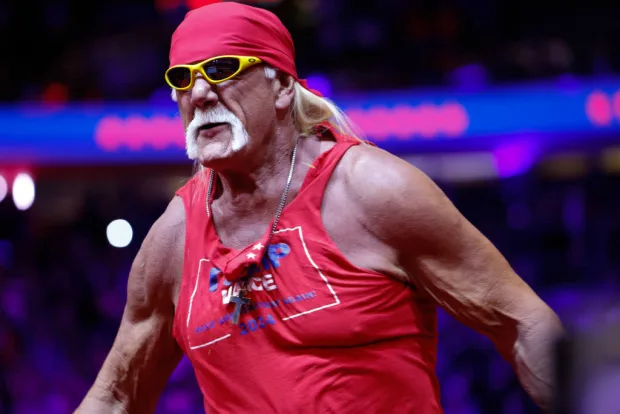
Why Hulk Hogan Still Matters in Pakistan
Despite the controversies, Hulk Hogan’s impact in Pakistan remains a powerful part of pop culture history. For those who grew up watching him, he represents a time of innocence and excitement. His death in 2025, at age 71 from cardiac arrest, brought a wave of tributes from fans who cherished their childhood memories. Wrestlers like Ric Flair and Marc Mero shared heartfelt messages, calling Hogan a friend and icon.
For today’s Pakistani youth, Hogan is a symbol of an era before CGI superheroes, when wrestling was a magical spectacle. His influence lives on in the stories of tag-team matches played by kids in backyards and the laughter sparked by Maulana Bijlighar’s witty remarks. While his later years brought controversy, the Hulk Hogan of the 1980s remains a beloved figure in Pakistan’s cultural memory.
Conclusion: A Hero of a Bygone Era
Hulk Hogan’s impact in Pakistan is a story of nostalgia, cultural connection, and the power of entertainment. From thrilling VHS viewings to Maulana Bijlighar’s humorous wrestling ban idea, Hogan left a lasting mark. Though controversies clouded his later years, his role as an analogue superhero endures. For Pakistani fans, he’ll always be the larger-than-life Hulkster who made childhoods unforgettable.

